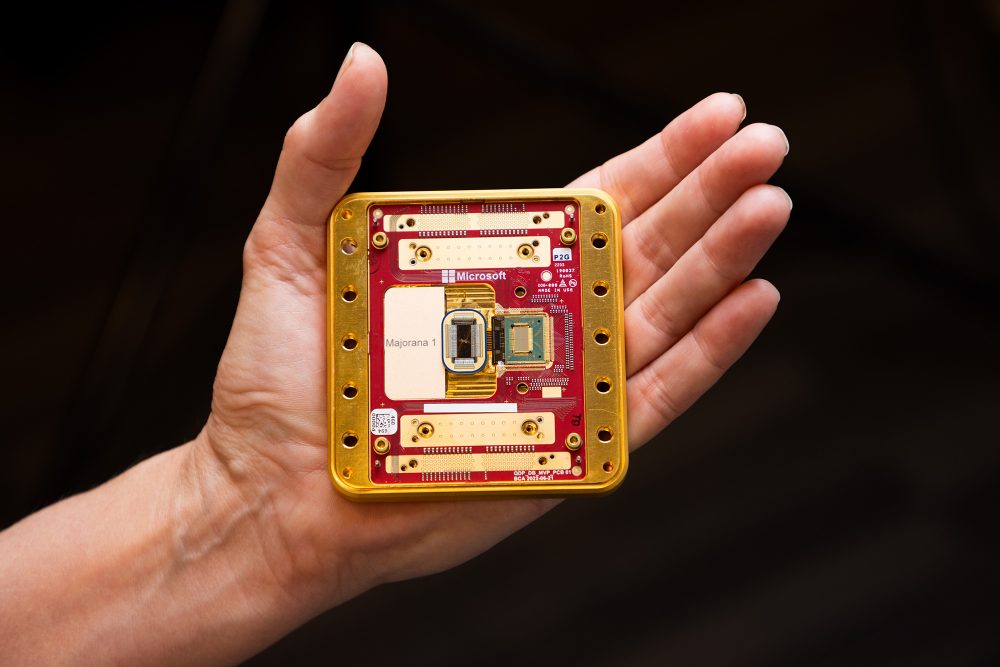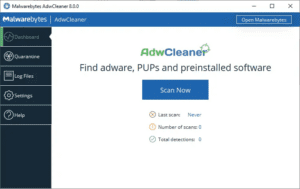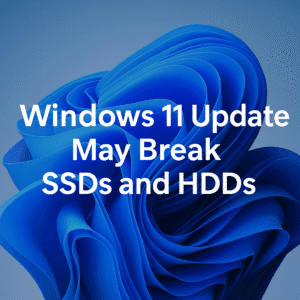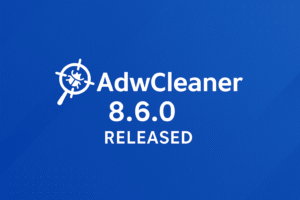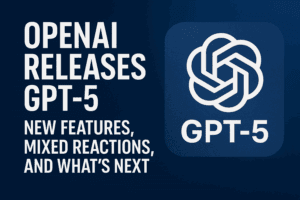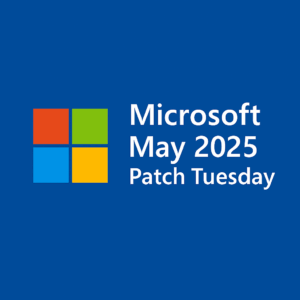Microsoft has just unveiled its latest breakthrough in quantum computing: the Majorana 1 chip. This revolutionary processor is the first to be powered by a Topological Core architecture, a cutting-edge advancement that brings quantum computing closer to solving real-world, industrial-scale problems within years rather than decades.
A New Foundation for Quantum Computing
At the heart of Majorana 1 is the world’s first topoconductor, a novel material that enables the creation and control of Majorana particles. These particles pave the way for more stable and scalable qubits, the fundamental building blocks of quantum computers. Just as semiconductors revolutionized classical computing, Microsoft believes topoconductors will be the key to unlocking quantum systems that can scale to one million qubits.
According to Chetan Nayak, Microsoft Technical Fellow, the team approached quantum computing by rethinking the fundamental requirements of a quantum transistor. This led to the development of an entirely new materials stack using indium arsenide and aluminum, which allows for the emergence of Majorana particles. These exotic quantum states provide enhanced stability and reliability compared to other qubit implementations.
Scaling Towards a Million Qubits
One of the biggest challenges in quantum computing is scalability. Current quantum systems require immense fine-tuning and error correction to function effectively. The Majorana 1 chip integrates error resistance at the hardware level, making it inherently more stable and enabling Microsoft’s vision of scaling to one million qubits on a single chip.
Achieving this milestone would unlock unprecedented computational capabilities, including:
- Developing self-healing materials for construction, manufacturing, and healthcare
- Designing catalysts to break down microplastics and pollutants
- Enhancing enzyme-based solutions for agriculture and healthcare
- Revolutionizing product design by allowing AI to work in tandem with quantum computing for near-perfect material and molecule development
Microsoft’s Quantum Roadmap
Microsoft has long been committed to developing quantum computing for commercial impact. The company’s efforts have been recognized by the Defense Advanced Research Projects Agency (DARPA), which has invited Microsoft to the final phase of its Underexplored Systems for Utility-Scale Quantum Computing (US2QC) program. This initiative seeks to build the first fault-tolerant quantum computer with computational value exceeding its cost.
In addition to its hardware innovations, Microsoft continues to advance quantum software and services. Through Azure Quantum, businesses and researchers can access leading AI, high-performance computing, and quantum platforms to drive scientific discovery.
A Paradigm Shift in Quantum Computing
Traditional qubits are highly susceptible to errors due to environmental disturbances. Microsoft’s topological qubits, enabled by Majorana particles, offer a more robust approach. Their unique properties provide inherent protection against noise while allowing for precise digital control—a major step toward making quantum computing practical for commercial and scientific applications.
While many quantum computing efforts focus on existing qubit technologies, Microsoft’s long-term investment in topological qubits is beginning to pay off. The recent publication in Nature confirms that not only has the company successfully created Majorana particles, but it can also reliably measure and control them—a crucial breakthrough for practical quantum computing.
The Future of Quantum Computing
With the introduction of Majorana 1, Microsoft is positioning itself as a leader in the race to build large-scale, fault-tolerant quantum computers. The ability to perform trillions of quantum operations efficiently could transform industries, solving complex problems that classical computers could never tackle.
Quantum computing is no longer a distant dream—it’s rapidly becoming a reality, and Microsoft’s Majorana 1 chip marks a crucial step forward in making that vision tangible.

Founder of ToolsLib, Designer, Web and Cybersecurity Expert.
Passionate about software development and crafting elegant, user-friendly designs.
Stay Updated with ToolsLib! 🚀
Join our community to receive the latest cybersecurity tips, software updates, and exclusive insights straight to your inbox!
